Differences and characteristics between aluminium alloy pressure casting and gravity casting
Author: SAIVS Date Published: May 16,2023
aluminum alloys are widely used in automobile manufacturing, aerospace, shipbuilding and other fields due to their good plasticity, corrosion resistance and lightweight characteristics. With the development of Chinese manufacturing industry, the demand for aluminium alloy and aluminium alloy castings is increasing constantly, which will also promote the development of aluminium alloy casting industry. At present, the casting methods of aluminium alloy are divided into pressure casting and gravity casting. In this paper, the differences and characteristics of the two casting processes are analyzed in detail.

aluminum alloy casting process is roughly divided into two types: gravity casting and pressure casting.
Aluminum alloy pressure casting refers to the process by which liquid metal is injected into the mold under other external forces (without gravity). Pressure casting is divided into high pressure casting and low pressure casting.
High pressure casting is commonly referred to as Die Casting, in which liquid aluminium is poured into the chamber, filled into the mold cavity at high speed through its pressure, and solidified under pressure to form aluminium castings.
The characteristics of aluminium alloy die castings are:
1. The product has a good surface finish, generally up to Ra6.3 or even up to Ra1.6.
2. It can not be heat treated.
3. The products have high air tightness, high strength and surface hardness, but low elongation.
4. Mold cost is high and service life is short.
5. High production efficiency.
6. Thin-walled parts can be produced with small machining allowance.
Gravity casting of aluminium alloy refers to the process of injecting liquid aluminium into the casting mold under the action of the earth's gravity. Gravity casting can be divided into Sand Casting, metal casting (steel casting) and lost foam casting.
At present, the most widely used is metal mold (steel mold), which is made of heat-resistant alloy steel. The strength, size and appearance of cast aluminium are higher than those of other casting processes.
The liquid aluminium in gravity casting is usually poured into the gate by hand, and the sample is obtained by filling the cavity, exhausting, cooling and opening the mould with the weight of the liquid metal. The process flow is generally aluminum melting, filling, exhaust, cooling, opening, cleaning, heat treatment and processing.
Gravity casting of aluminium alloys is characterized by:
1. Product surface finish is not high and pits are easy to occur after shot blasting.
2. Aluminum castings have few internal pores and can be heat treated.
3. The product has low density and slightly poor strength, but high elongation.
4. Low cost and long service life of dies.
5. Low production efficiency, which increases production costs.
6. The process is simple and unsuitable for producing thin-walled parts.
When choosing which process to produce the product, the choice is mainly based on the wall thickness of the workpiece. When the wall thickness of the product is more than 8mm, die casting will cause a lot of pores to be stored in the wall. Therefore, the products with thicker wall thickness can be finished by gravity casting.
Why Choose SAIVS™ as Your Supplier?
1.Superb Quality Control Management
At SAIVS, we take pride in our perfect quality management systems and procedures, which guarantees the excellent performance of all our producs, being a professional Investment Casting | Die Casting| Sand Castingmanufacturer in China.
2.Rich Production Experience
With 20 years of experience in production, SAIVS has a deep understanding of the market and trends, and strives for continuous research and innovation. This has created advantages in both the product's performance and appearance.
3.Competitive Prices
As a Chinese factory committed to becoming the most cost-effective Investment Casting | Die Casting| Sand Castingexporter in China, SAIVS provides high-quality products at advantageous prices. By lowering costs and increasing efficiency, we ensure that our customers receive the best possible value for their investment.
4.Perfect After-sales Service
At SAIVS, we strive to provide superior customer service that meets and exceeds expectations. We are always available for any questions or concerns you may have, and we stand by our commitment to providing excellent after-sales support.
Related Posts
-
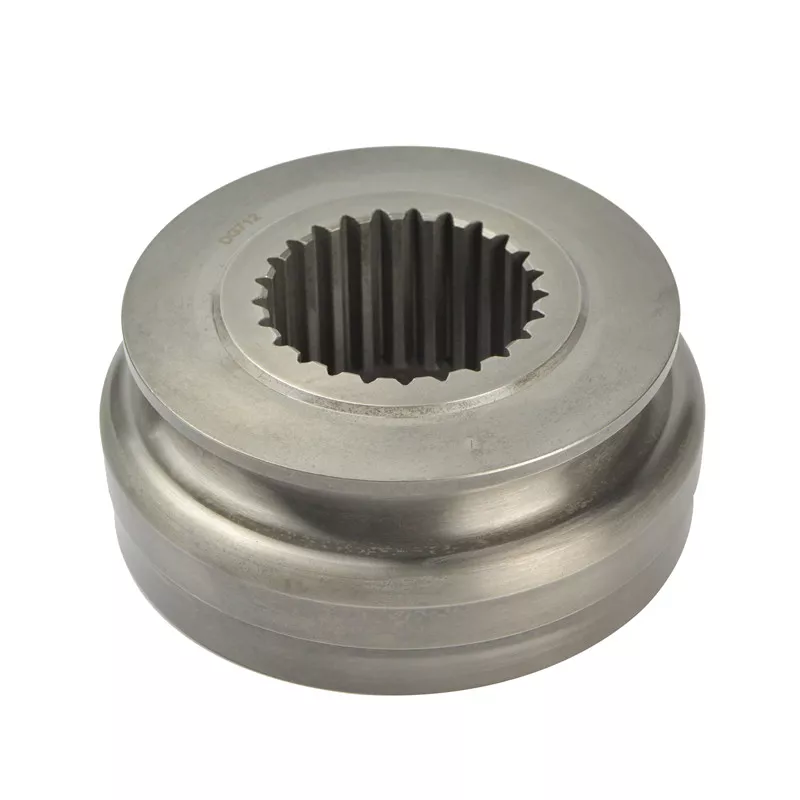
Differences and characteristics between aluminium alloy pressure casting and gravity casting
Aluminum alloys are widely used in automobile manufacturing, aerospace, shipbuilding and other fields due to their good plasticity, corrosion resistance and lig...
-
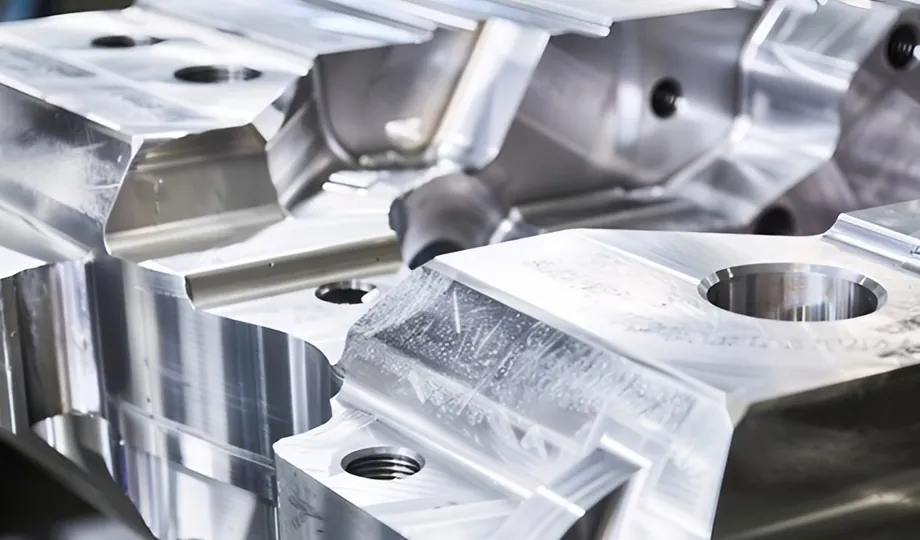
The Six Key Benefits of Lost Foam Casting
In the ever-evolving landscape of manufacturing, selecting the right casting method is crucial for efficiency and cost-effectiveness. Lost foam casting has
-
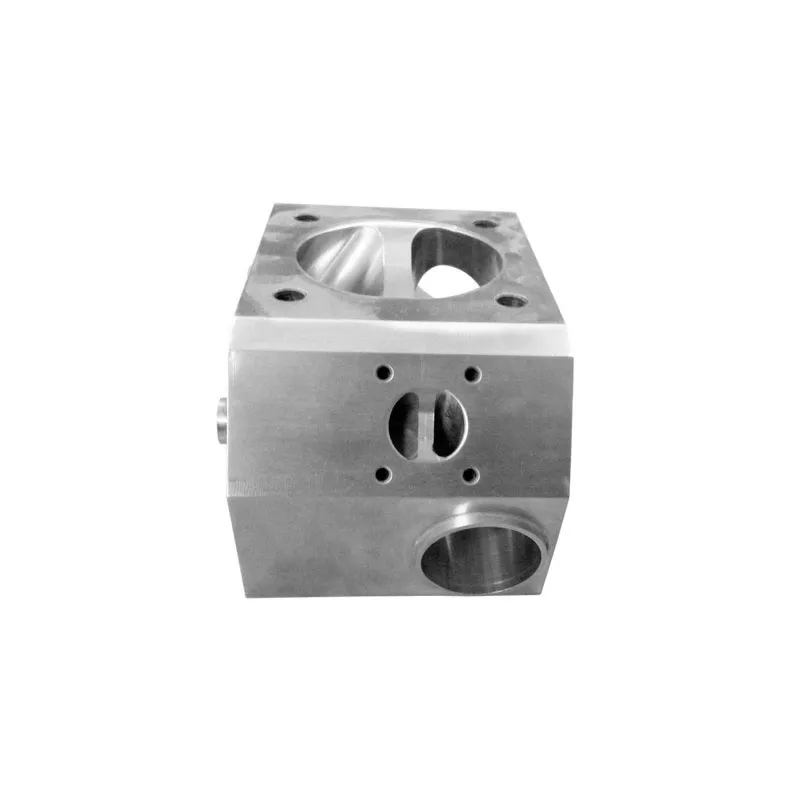
Why should die casting be used for mechanical parts?
Die-casting process is characterized by low cost, good workmanship, and resolving saves resources and energy. The application and development of this material w...
-
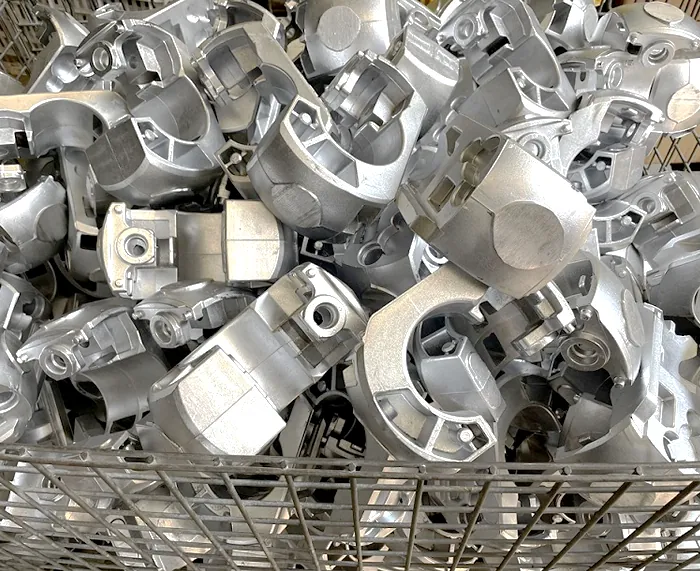
The Key to Quality: Understanding Die Design for Aluminum Alloy Die Casting
This article merges the key aspects of aluminum alloy die casting quality from two sources to provide a comprehensive overview.
-
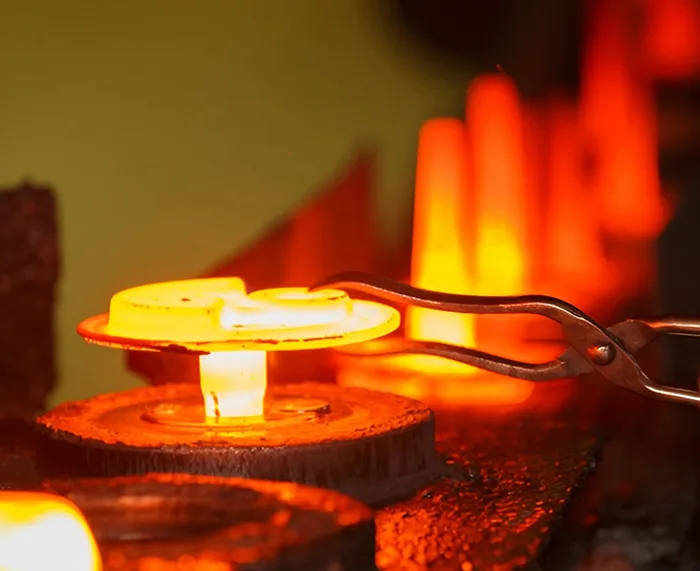
Why Investment Casting Is Crucial In the Aerospace Industry
Investment casting, also known as lost-wax casting, is a process that involves creating a wax model of the desired part, coating it with a ceramic material, and...
-
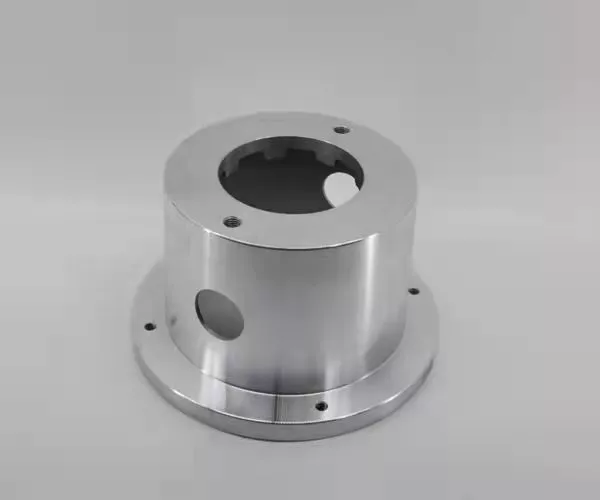
What Are the Key Concerns for Aluminium Gravity Casting?
Aluminium Gravity Casting: What Parameters and Information People Are Concerned About?Aluminium gravity casting is a widely used process in the manufacturing in...

